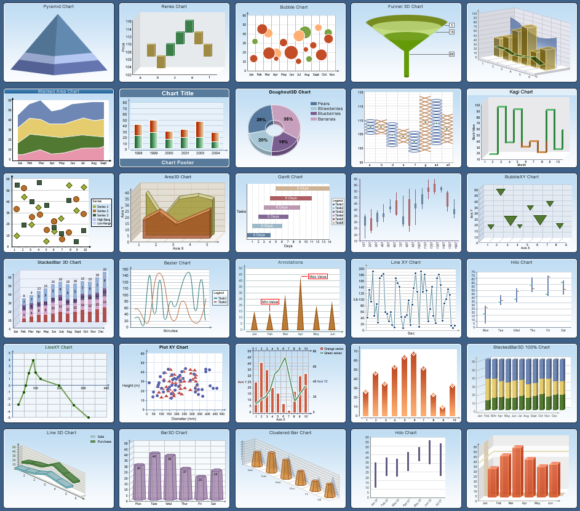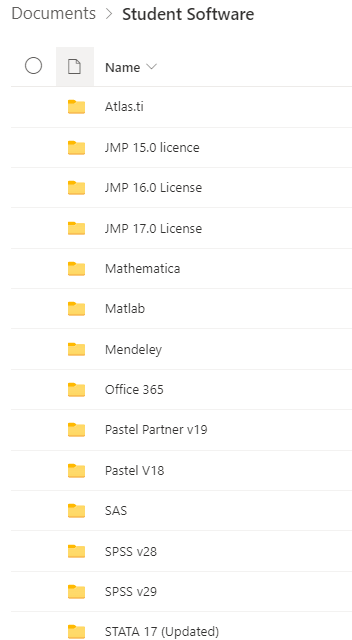Introduction
A few months ago, the then newly appointed Vice-Chancellor (VC) of Stellenbosch University (SU) shared his “bolder” vision for the institution. This vision not only seeks to position SU as Africa’s leading research-intensive university but also aspires to secure a place as Africa’s first global Top 100 university. In an article published on the University’s website, “SU welcomes second cohort of SUNRISE fellows”, the VC emphasised that this ambition is not a mere slogan but a call to action, requiring the collective commitment of all University stakeholders.
In this context, it is imperative that the Library, as a strategic academic partner, clearly articulates its role in helping to realise this ambitious goal. As Mushtaq and Shahzan (2025) note, libraries have an influential role in shaping institutional rankings.
What does it mean for SU to be Africa’s first global top 100 university?
Although the vision of becoming a Top 100 university has not yet been fully unpacked, it is useful to consider how university rankings operate. A simple search reveals that there are over 47 ranking systems globally, each using its own indicators to benchmark the performance and impact of academic institutions. Despite these differences, there is broad consensus that the “Big Three” rankings: Times Higher Education (THE) World University Rankings, QS World University Rankings, and the Academic Ranking of World Universities (ARWU, or Shanghai Rankings), are the most influential (Bernal, 2019; Östlundh, 2019).
The “Big Three” institutional ranking systems
This section provides an overview of the ‘Big Three’ ranking systems as explained by Bernal (2019).
- THE World University Rankings
For nearly five decades, Times Higher Education has ranked universities and provided data to prospective students. THE uses 13 performance indicators, grouped into five categories: teaching (learning environment), research (volume, income, reputation), citations (research influence), international outlook (staff, students, research), and industry income (knowledge transfer). Citation data is drawn from Scopus and measured over a six-year window.
- QS World University Rankings
The QS rankings currently cover approximately 1,000 universities across 85 countries, based on six indicators: academic reputation, employer reputation, faculty/student ratio, citations per faculty, international faculty ratio, and international student ratio. Like THE, QS also uses bibliometric data sourced from Scopus.
- Academic Ranking of World Universities (ARWU / Shanghai Rankings)
First published in 2003 by the Center for World-Class Universities (CWCU), ARWU evaluates institutions using six objective measures: the number of alumni and staff who have received Nobel Prizes and Fields Medals; the number of highly cited researchers (Clarivate Analytics); publications in Nature and Science; papers indexed in the Science Citation Index-Expanded (SCIE) and Social Sciences Citation Index (SSCI); and overall per capita performance. ARWU is the only one of the Big Three to use Web of Science (WoS) data. Each year, ARWU evaluates more than 1,200 universities and publishes the top 500.
How does the Library Contribute?
Libraries act as strategic partners in enhancing institutional rankings through the provision of quality information resources, researcher support, and visibility services (Dimzov, Matošić, and Urem, 2021).
Given the strong emphasis of most ranking systems on research impact and visibility, the Libraries contribute in several key ways:
- Open Access and Open Science infrastructure: By managing institutional repositories (IRs), negotiating favourable OA agreements, promoting OA-first policies, and raising awareness among researchers, the Library can significantly increase the visibility and citation potential of SU’s research outputs. IRs also serve as a showcase for the University’s scholarship and unique heritage collections. Stellenbosch University hosts four repositories: SUNScholar, SUNJournals, SUNDigital Collections and SUNScholarData. In addition, as a member of the South African National Library and Information Consortium (SANLiC), SU has signed 18 “read and publish” (transformational) agreements that make it possible for researchers to publish OA in hybrid journals of those publishers and/or get a discount on Article Processing Charges (APCs). All these efforts serve to increase the reach, impact and visibility of SU research.
- Research publishing support: Librarians advise researchers on selecting reputable journals, while discouraging submissions to predatory or low-quality outlets. The Library also provides bibliometric and altmetric analyses to individuals, departments, and centres to track outputs, citations, and visibility. Additionally, the Library provides research/er assessment tools such as SciVal, Scopus and Web of Science that enable researchers and research entities to benchmark and gauge themselves and their research impact with others. Knowing where the University really stands may help galvanise it into seeking knew strategies to strengthen its research capacity or target certain publishers favoured by the ranking agencies.
- Promotion of multiple literacies: The Library has evolved beyond being a traditional hub for developing basic literacy skills. It now plays a pivotal role in capacity building by offering specialised workshops tailored to the diverse needs of students and researchers. These include training in digital and information literacy, as well as emerging areas such as data literacy and the ethical use of artificial intelligence. Mastery of these literacies is essential for advancing high-quality research and innovation in the 21st century, directly contributing to the University’s academic excellence and global competitiveness.
- Research and learning spaces: The Library provides innovative and inclusive spaces, such as research commons, learning commons, makerspaces, collaborative spaces, and virtual meeting facilities, that foster both academic excellence and institutional visibility. These dynamic environments serve as incubators for innovative research ideas, support interdisciplinary collaboration, and enrich the student learning experience. These spaces have the potential to contribute to the elevation of the quality of research and innovation at the University, serving as strategic assets that contribute to its global competitiveness and ranking profile.
Conclusion
While libraries may not contribute directly to rankings through research output, their influence is nonetheless substantial. Universities rely on libraries to make research visible, accessible, and impactful, as well as to provide the essential teaching and research resources that underpin academic excellence. Additionally, these libraries provide capacity building offerings for multiple literacies required for research and academic excellence. In this way, the Library functions as an enabler of research, teaching, and innovation, all of which are critical considerations in institutional rankings and SU’s journey toward becoming Africa’s first global Top 100 university
References
Bernal, L. 2019. Library impact with international rankings—one library’s continuous journey to figure it out. https://www.libraryassessment.org/wp-content/uploads/2019/09/17-Bernal-LibraryImpact.pdf.
Dimzov, S., Matošić, M. and Urem, I., 2021. University rankings and institutional affiliations: Role of academic librarians. The Journal of Academic Librarianship, 47(5), p.102387.
Mushtaq, M. and Shahzan, M., 2025. Libraries as Supporting Agencies for Enhancing the Ranking Score of Academic Institutes. International Information & Library Review, 1-14.
Östlundh, L., 2019. The role of academic libraries in ranking of institutional research impact. https://scholarworks.uaeu.ac.ae/cgi/viewcontent.cgi?article=1002&context=presentations
Author: Dr Siviwe Bangani


